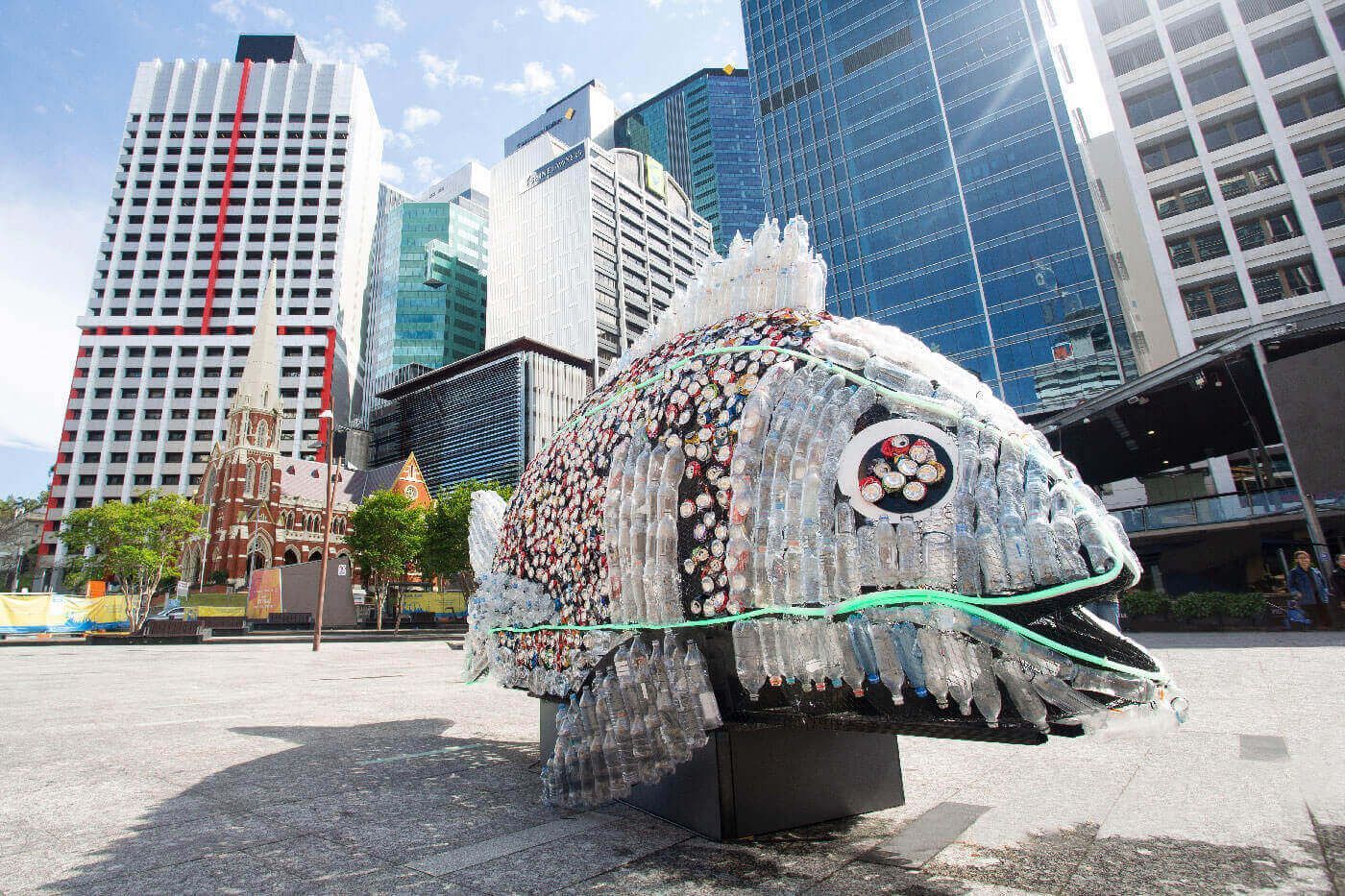What does permanent recruitment cost and what am I paying for?
Engaging a recruitment business to support you to hire permanent staff is a smart move
Finding, attracting and engaging the best available talent to your organisation is critical to your success. Every hiring moment is an opportunity to upgrade, improve and transform your team.
Your recruitment partner is a professional services provider, offering expertise to support you to make the best hiring decisions.
It’s no secret that making the wrong hiring decisions can be costly. Estimates of the cost of hiring the wrong person range from 30 to 150% of their salary. Even at 30%, that’s a mistake to be avoided.
Getting recruitment right is critical - and it’s worth investing in.
While hiring managers should certainly play a role in the recruitment process, it is rarely a good idea to have a hiring manager run the entire process. In this article we’ll demonstrate why.

What does permanent recruitment cost?
Don’t forget that you’re not simply paying for an outcome - you’re paying for a consulting partner to support you to make the best decisions and transform your organisation over time.
Recruitment is an investment in the future of your organisation.
In Australia, permanent recruitment fees range between 14 and 25% of the employee’s salary package.
While that is quite a wide range, it’s important to note that there are lots of factors that go into a recruitment business’ pricing formula.
Factors affecting cost
- Time and labour. The number of team members dedicated to working on your requirement, and the time they spend each day/week.
- Reach. Do you need a local, national or global search?
- Marketing. This is an essential part of any effective recruitment process. In fact many people believe recruitment is marketing. Would your recruitment project benefit from a video campaign? Video is incredibly effective - 87% of marketing professionals use video to engage with their audience.
- Advertising. Beyond standard job board advertising, do you need a targeted social media campaign?
- Project delivery time. Does the urgency of your project require the recruitment team to work beyond standard hours?
- Testing. Do you require candidates to complete psychometric (or other) testing?
- Placement guarantee. What length of replacement guarantee do you require?

Discover how we’re different and give you a competitive advantage.
A robust recruitment process conducted by a skilled recruitment team is not a small or simple task.
A significant amount of time, effort and expertise goes into finding and hiring the best available candidate. When you consider a placement fee of between 14% and 25% of salary, it might be tempting to opt for in-house recruitment, but before you go down the DIY route, let’s unpack what you’re paying a recruitment partner to do.
What are you paying for?
An effective recruitment process should be tailored to the specific requirements of each organisation and its hiring needs.
Most people think of recruitment in terms of a job description, job ads, applications and interviews. In reality, an effective process that leads to the best outcomes is far more comprehensive than that.
Here are some aspects of a robust, strategic recruitment process which you may not have thought about but can expect your recruitment partner to manage for you.

1. Needs analysis and role assessment
The number one reason recruitment projects are unsuccessful is failure to conduct a thorough needs analysis. Your recruiter will begin with a ‘deep dive’ into your organisation, speaking with key stakeholders to understand your ideal talent persona. Effective recruitment requires more than a job description.
2. Recruitment marketing
A successful recruitment project requires compelling recruitment marketing . To attract the best talent, it’s critical that your recruitment process includes effective marketing of your offering. A quality recruiter will discuss how to best position your role to the talent market and will develop compelling and engaging recruitment content.
3. Candidate care and engagement
This is one of the main areas that recruitment can go wrong. We could literally fill a book with anecdotes about applications not responded to, unreturned phone calls, lack of feedback after interviews and poorly written, templated rejection letters. Creating a positive candidate experience is absolutely essential to managing and protecting your employer brand.
4. Candidate testing
Depending on the nature of the role and your organisation’s needs, your recruitment partner may recommend candidates undertake testing as part of the recruitment process. Most can facilitate a range of contemporary testing techniques through third-party testing providers.
5. Interview question design
For any role in any organisation and no matter how experienced you are at interewing, a well designed interview is essential in helping you uncover the most useful insights about each candidate. Even though an interview is a conversation, you are essentially extracting data on which to make a hiring decision. Your recruitment partner can assist you with designing an effective interview.
6. Reference and right to work checking
It is best practice to undertake 2 professional reference checks for your preferred candidate, usually at the employment offer stage. While you’ll no doubt be excited about having found your ideal candidate, your recruitment partner will manage this final stage of due diligence for you. Reference checks can be customised to suit - and your recruiter can also conduct right to work checks for candidates who are not Australian/New Zealand citizens.
7. Talent search and mapping
A good recruiter will take a comprehensive and proactive approach to finding the best talent. This means looking beyond applications and tapping into passive talent ie people who aren’t actively looking on job boards but may be interested in the career opportunity you have on offer.
Keep in mind that finding great talent is a recruiter’s ‘day job’ - we search for, engage and evaluate candidates, en masse, every day. As a leader or hiring manager, your ‘day job’ includes a lot of things, but looking at large sets of candidate data probably isn’t one of them.
By engaging a recruiter to support your recruitment process, you’re instantly giving yourself access to a much wider range of talent than you’d look at on your own.
8. Feedback to the unsuccessful candidate pool
This is a critically important and often overlooked part of an effective recruitment process. Once you’ve found the perfect candidate, you’ll want to get back to your BAU, while a quality recruitment partner will take the time to acknowledge the investment of time and effort that the unsuccessful candidates put into the recruitment process.
Providing individual, detailed feedback to every candidate you have met is not only the right thing to do, it ensures each person has a professional, transparent and positive experience of your organisation and employer brand.

It’s easy to see why engaging a recruitment business to support your hiring efforts is a smart move.
Unless you have dedicated in house resources to manage every aspect of the recruitment process in a professional, timely and efficient way; working with a recruitment partner is an ideal solution which will take the pressure off you as the hiring manager.
It’s not only permanent recruitment that your agency can assist with - but most agencies also offer temporary and contract recruitment solutions. Find out more about hiring temporary staff in this article.
Case Study
We help our clients with every step of their hiring journey
Finding needles in haystacks is what we do best. We use traditional and algorithmic-search techniques, video recruitment, and behavioural economics to find you the best talent in the market.

Meet the team
Access key features, receive alerts, and manage your finances from the palm of your hand, ensuring banking fits seamlessly into your lifestyle.















